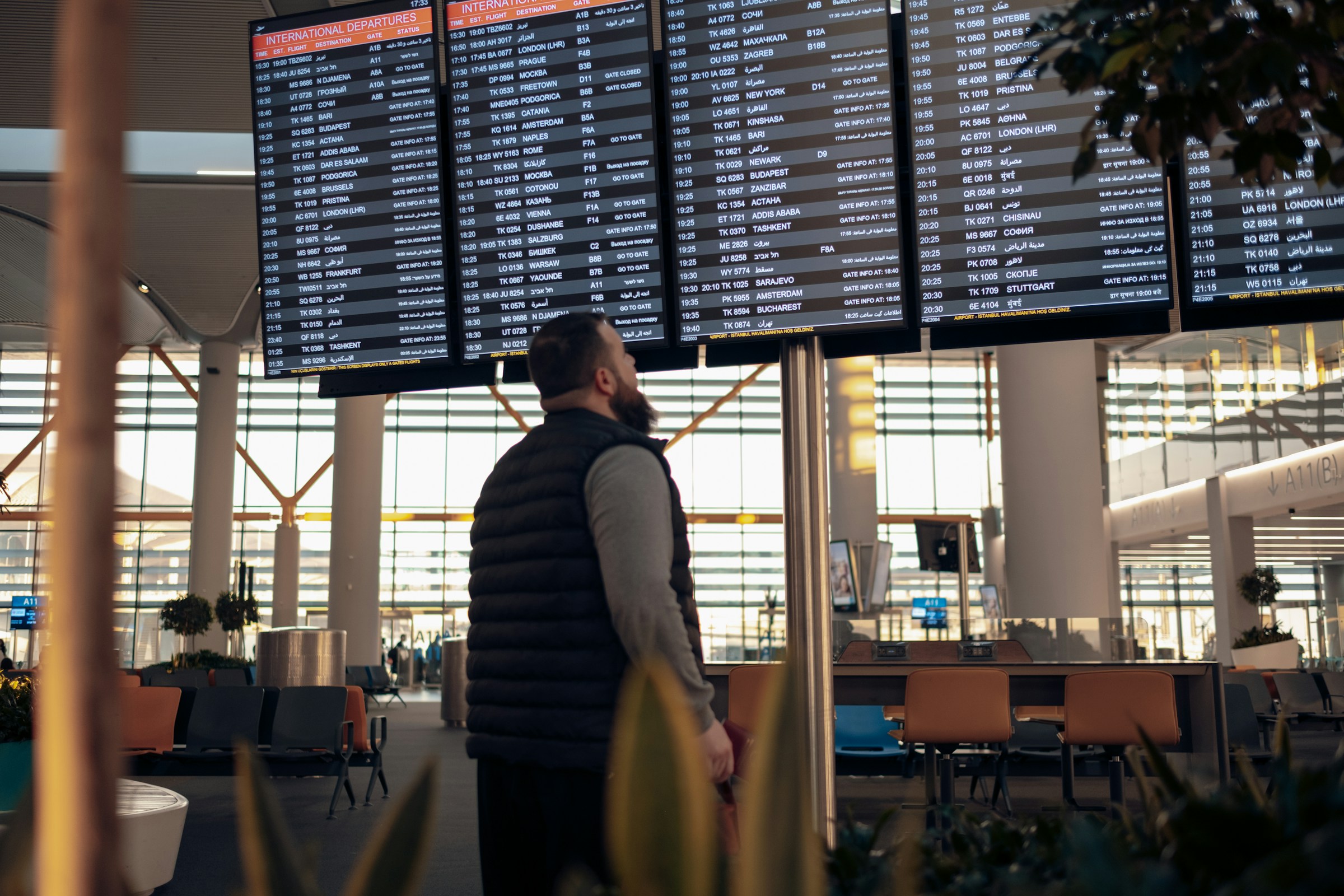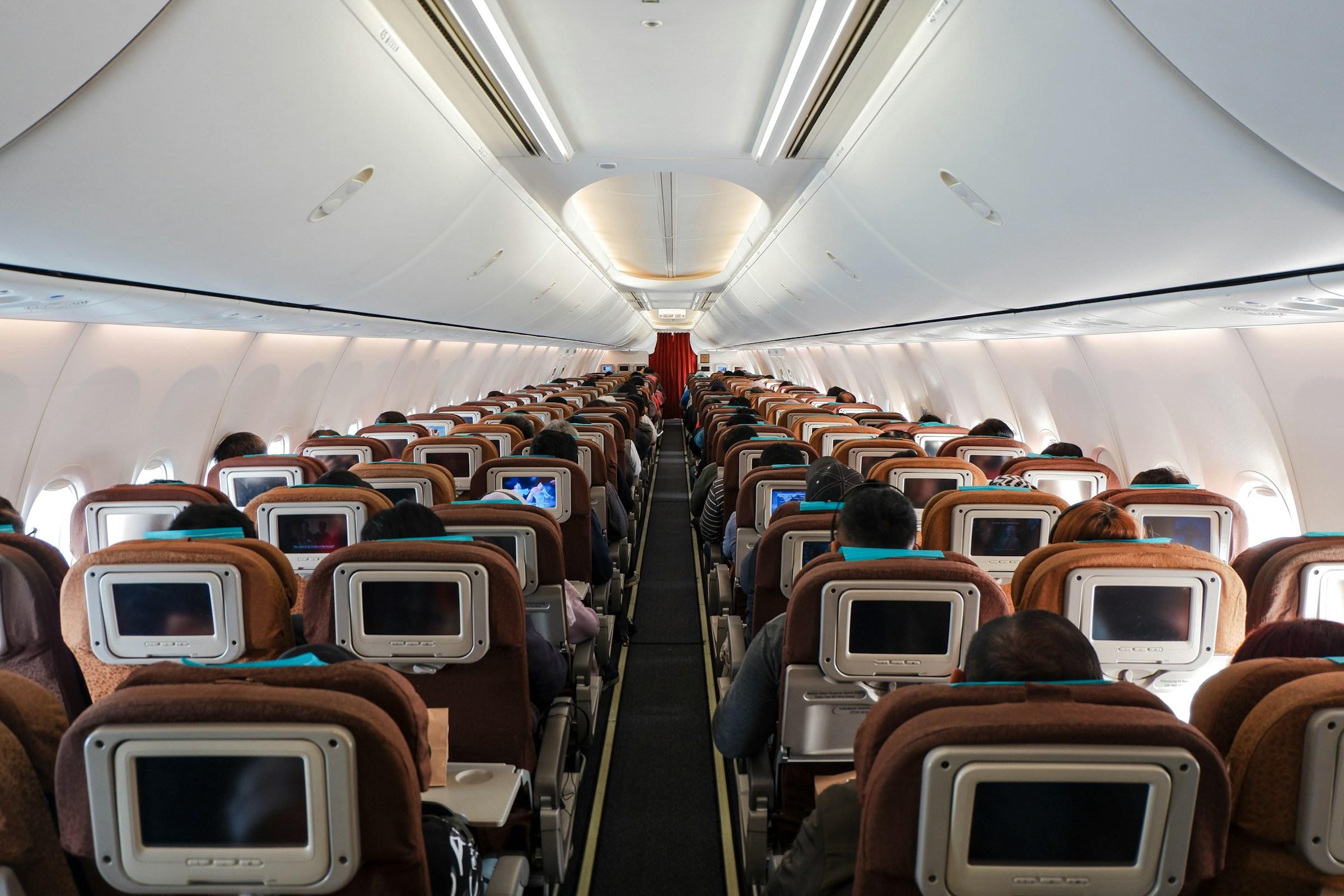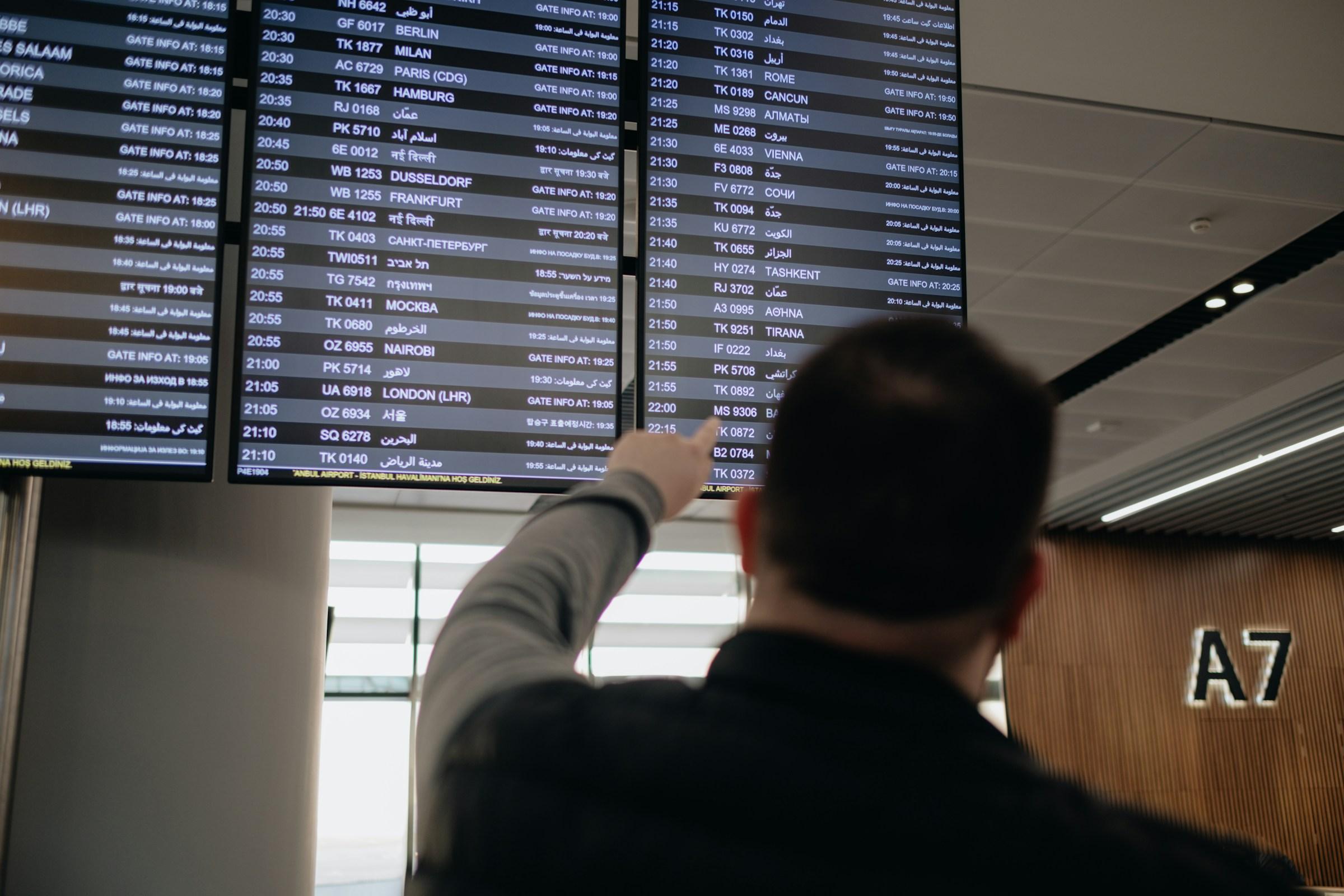You do not need a travel insurance policy to ask for help when your flight runs late. The right starting point is the jurisdiction you fly in and the rules that apply to the airline operating your service. Some regions give passengers fixed compensation for long delays when the airline is at fault. Other systems promise cash refunds for cancellations or what the law defines as a significant delay. Even without those regimes, international rules can let you recover provable expenses. Insurance still matters for broader trip costs, but it is not the only route to a payout.
Europe created the template most travelers have heard about. Under EU Regulation 261, if you depart from the European Union or fly into the EU on an EU carrier, you may claim fixed compensation when your flight arrives three hours or more late and the cause lies within the airline’s control. The amount depends on distance and can reach several hundred euros. There is no compensation for extraordinary circumstances such as severe weather or air traffic control strikes, and airlines still owe care such as meals and accommodation during long waits. The European Union’s own passenger portal explains the arrival delay threshold and the rule on extraordinary circumstances, which helps you judge whether your case qualifies before you write to the airline.
The United Kingdom kept a near-mirror of EU 261 after Brexit. If you land three hours or more late and the delay is the airline’s fault, you can claim compensation that scales with distance, with the familiar carve-out for events outside the carrier’s control. The UK Civil Aviation Authority’s guidance sets out these rules plainly and is the best reference for how to structure your claim and what evidence to include.
There is one moving piece in Europe that is worth flagging. In June 2025, EU member states backed a proposal to raise the delay threshold that triggers compensation and to update payout amounts. The change still requires European Parliament agreement before it can take effect, so current rules remain in place until new legislation is final. If you are flying this year, treat the three-hour standard and present compensation tiers as the operative framework, then watch for any formal update as it proceeds through Brussels.
The United States takes a different path. The rule of thumb is refunds rather than lump-sum delay compensation. In April 2024 the Department of Transportation issued a final rule that requires airlines to provide automatic cash refunds for cancelled flights and for what the regulation defines as a significant change. The DOT later clarified that a significant change includes when a domestic flight arrives three or more hours later than scheduled or an international flight arrives six or more hours late, provided you do not accept the altered itinerary or other offers. Refunds must be prompt and in cash or back to the original form of payment, not just as a voucher, and the Federal Register entry documents these duties for both US and foreign carriers on US routes. This is not extra cash for inconvenience. It is your money back if the delay is large enough and you choose not to travel on the changed plan.
Malaysia has strengthened consumer protection in the last year. Under enhancements to the Malaysian Aviation Consumer Protection Code that took effect from 1 September 2024, if your airline retimes departure by more than three hours earlier or later, you are eligible for a refund of the original fare. A separate government announcement and legal commentary describe a requirement that airlines offer a refund if a flight is delayed five hours or more. These measures apply to flights under Malaysian jurisdiction and add clarity for travelers who face long retimings or extreme delays. If you bought a ticket for travel from September 2024 onward, consult the official MACPC documents and the airline’s notice to confirm the applicable remedy.
Singapore does not have a domestic law that mirrors EU 261 or the UK system. Your rights are found in the airline’s conditions of carriage and in international treaties for international journeys. Consumer guides commonly note that there is no statutory Singapore-specific compensation rule for late running flights, which is why Singapore-based travelers often rely on overseas regimes when their itinerary starts in the EU or UK, or on the airline’s own policies for care and goodwill vouchers. Singapore Airlines’ conditions of carriage also point you to the applicable conventions and confirm that those rules can limit liability for delay.
Where no regional compensation law applies, the Montreal Convention steps in for international flights. Article 19 makes airlines liable for damage caused by delay in the carriage of passengers. This is not a fixed cheque for arriving late. You must show actual, reasonable expenses or losses that the delay caused. The treaty sets a liability cap that is reviewed every five years. Following the 2024 review, the limit for passenger delay increased to 6,303 Special Drawing Rights, which various official notices translate to roughly eight thousand US dollars, and those revised limits took effect on 28 December 2024. Put simply, you can claim without insurance if you can document what the delay cost you and the airline cannot show it took all reasonable measures to avoid the delay, but you will recover only up to the treaty cap.
All of this sits alongside the day-of-travel obligation to care for passengers. Under EU 261 and UK 261, airlines must provide meals, refreshment, communication, and accommodation that reflect the length of the wait, whether or not compensation is later due. US rules do not impose a uniform care duty, but the DOT’s dashboard lets you see what each airline promises for hotels and meals during long delays, which helps you request the right assistance at the gate. Malaysia’s code similarly sets clear entitlements for retimings and refunds in defined scenarios. These are practical rights that operate even without an insurance policy, and in many cases they are the first benefits you should ask for when the screens turn red.
So what does this mean for a traveler who did not buy insurance. If your itinerary touches the EU or the UK in the right way, you can make a statutory compensation claim once you arrive three or more hours late and the cause is within the airline’s control. If your flight is to, from, or within the United States, the strongest right is a cash refund for cancellations or significant schedule changes, which includes a long arrival delay if you decline the rebooked plan. If you are flying within Malaysia or on a Malaysian itinerary covered by MACPC, you can seek a refund when the retiming or delay meets the new thresholds. If none of those regimes apply, or if your situation involves costs that fall outside a fixed compensation model, you can use the Montreal Convention to claim provable expenses, up to the SDR cap, on international journeys.
As you prepare a claim, match your route to the applicable framework. An EU departure on any airline can trigger EU 261. A flight that lands in the EU on an EU carrier can also qualify. A UK departure or arrival can trigger the near-identical UK regime. A US domestic arrival delay of three or more hours gives you a refund right if you do not accept the changed plan. A Malaysia retime of more than three hours, or a delay of five or more, may unlock refunds under MACPC. If the carrier cites extraordinary circumstances, check whether the facts fit that limited category, since technical faults and staffing problems are usually considered within the airline’s control for EU and UK claims. Keep your boarding passes, screenshots of the delay, and any written statements from the airline about the cause. If your route qualifies for treaty relief rather than a fixed statutory payout, keep receipts for meals, local transport, and prepaid elements you could not use, and send a clear letter that links each expense to the delay.
There are two common misconceptions worth clearing. First, a travel insurance claim does not replace rights you already have. If you are entitled to EU or UK compensation, or to a US refund, you should claim directly from the airline. An insurer may ask whether you have already requested and received these amounts. Second, a refund is not the same as compensation. In the US, the automatic refund rule returns your fare when you choose not to travel on a significantly changed itinerary. In Europe and the UK, compensation is an additional payment for inconvenience that sits on top of a refund or reroute when conditions are met. Understanding which remedy you are pursuing helps you present the right documents and reduces back-and-forth with customer relations teams.
There is also a timing dimension. EU and UK claims can be made after you complete the journey, and there are national limitation periods that define how long you have to file. US refunds should be issued promptly once you decline a significantly changed itinerary. Malaysia’s enhanced rules apply to flights departing on or after 1 September 2024, and the published FAQs make clear that eligibility aligns to the date of travel. If your dispute stalls, EU countries and the UK provide escalation routes to regulators or alternative dispute bodies, and in Malaysia you can escalate to MAVCOM if you believe a carrier has not applied the code correctly.
In practical terms, you can claim for a delayed flight without insurance when your route is covered by a passenger-rights regime or an international treaty. Start with the applicable law based on your origin, destination, and operating carrier. Ask the airline for immediate care if the law provides it. Decide whether you want to accept a rebooking or to seek a refund under the rules in force. If your only avenue is the Montreal Convention, gather proof of reasonable expenses and present a precise, documented request. Insurance is still useful for hotel nights, tours, or prepaid costs that no public regime covers. It is not essential to start a claim, and a well documented, jurisdiction-aware approach often succeeds even without a policy.
If you fly often, it helps to know which parts of your itinerary unlock which rights before the delay ever bites. A three-hour arrival delay from an EU airport can generate compensation. A similar delay in the United States may let you walk away for a cash refund if you choose not to travel on the changed plan. A retimed departure in Malaysia can turn your nonrefundable fare into cash back. A Singapore-only route, absent other jurisdictions, usually turns on contract and on Montreal Convention damages rather than a fixed payout. The rules do the heavy lifting once you know where to look, insurance or not.














